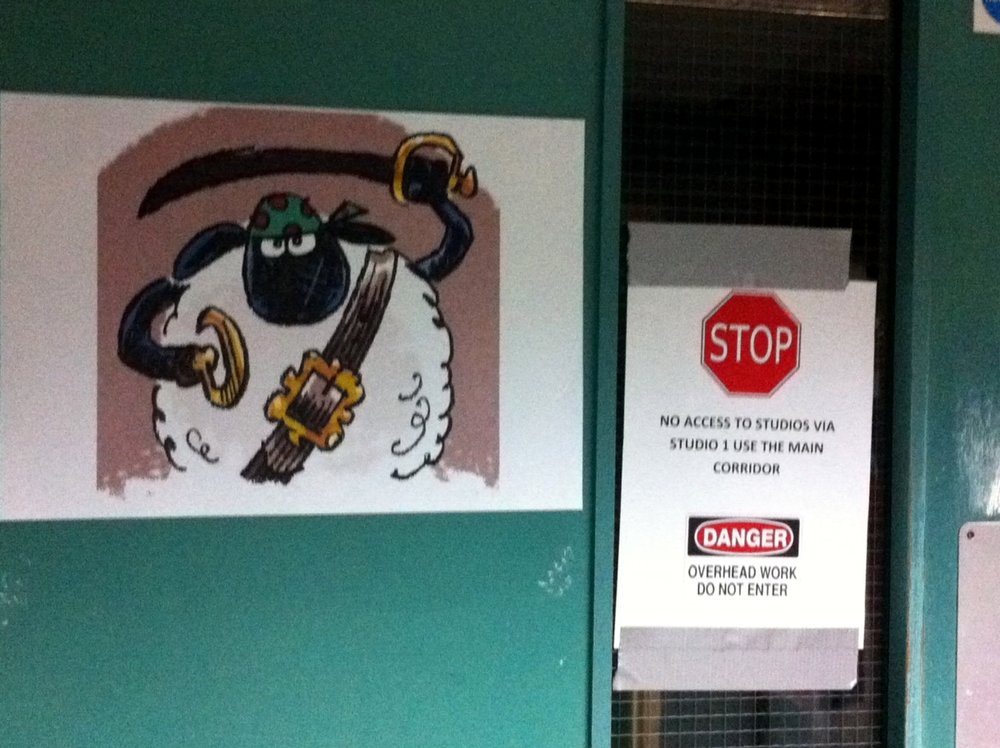This last week I’ve been at the Manchester Animation Festival - a week-long festival for industry, education, and public alike. The panels and short films lit my mind up with an inspiration and drive that I haven’t felt in a while.
On the Industry Day, one of the panels I’d most anticipated was about AI: the fears, the predictions, the ways we’re already using it to improve our work… I’m certainly using AI tools in my photo editing, and as a base for subtitling any fast turnaround work for YouTube etc
For my money, a lot of the practical uses will end up being based on personal/client preferences, past the obvious ethical and legal conversations that are already taking place.
Take voice acting. When we change a line / scene in a script, we usually scratch in the dialogue by getting someone in the studio to record it. The actor then records the line at their next session, or ADRs it if it has already been animated to the scratch.
The current ethical debate, prompted by existing “machine learning” in which AI systems have been “trained” on an actor’s voice and then prompted to generate new speech from a written prompt, is “we can replace that by training an AI on the actor’s voice” vs “actors should be paid, and given the chance to produce the most authentic work”.
Obviously I agree with the latter- audiences deserve the authenticity, and suggesting that AI can replace their training and talent is horrible. But. How about using the AI as a temporary placeholder, instead of the scratch of a completely different voice just jumping in?
+ you get a smoother viewing experience
- the output is misrepresenting what you actually have “in the can” (burn-ins are easily overlooked)
+ it joins up more neatly, and you can judge timing better with a more accurate placeholder
+ if animation for the shot must happen before the actor is next available, a smooth read in the correct cadence and pronunciation will help lipsync
- the actor may be unnerved by hearing their own voice at ADR/ sense the uncanny valley more readily
… all of this assumes that the technology allows for cadence, tone etc. But existing technology such as VocAlign/ Revoice Pro (where you can match an audio clip by the actor to a reading by anyone else) take us a long way towards that already. We can use a written “find” command to find words or syllables in an audio library in Avid’s PhraseFind or DaVinci Resolve Studio. I feel confident that I could get some way towards a useable voice performance… if given enough time. If AI can be used as a tool to cut out that time, and present options to a human, it could be very useful indeed. IF it is desired.
It’s going to be an interesting time. But whether people currently view it as the dawn of a new era or the opening of a new Pandora’s Box… AI is happening. It’s worth being part of the conversation.


